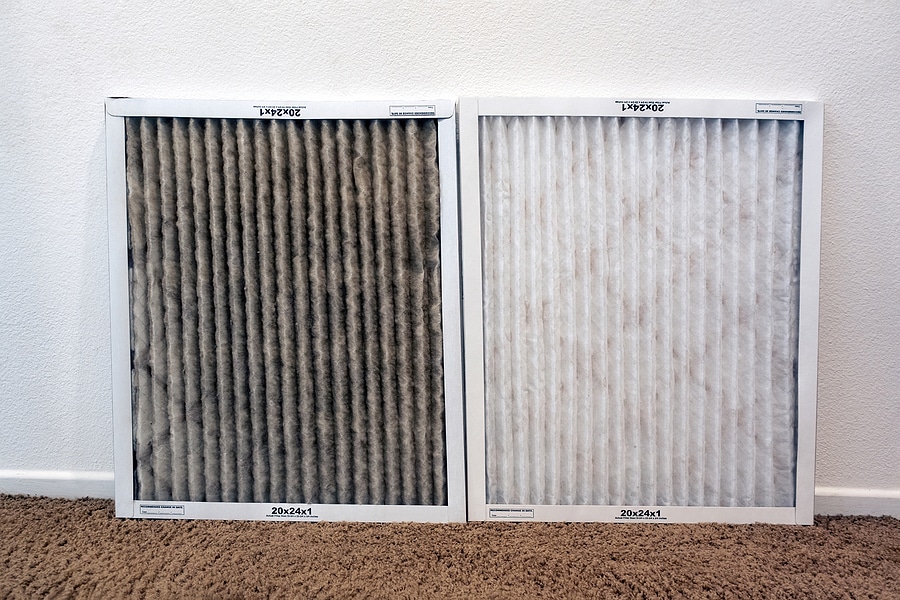When it comes to our HVAC systems, we all want them to work efficiently and provide clean air for our indoor spaces. One crucial component of HVAC maintenance is the air filter, which helps trap dust, pollutants, and allergens, improving indoor air quality. However, the question often arises: do you really need high-quality HVAC filters, or will standard filters suffice? Continue reading to learn more from the team at Allied Services, Inc.

The Purpose of HVAC Filters
Filters are designed to capture airborne particles, such as dust, pet dander, pollen, mold spores, and bacteria, as the air circulates through the HVAC system. They not only protect the system from debris but also ensure that the air circulating inside your home remains cleaner and healthier.
The Importance of Indoor Air Quality
Indoor air quality (IAQ) significantly impacts our health and well-being. Poor IAQ can lead to various health issues, such as allergies, respiratory problems, and worsen conditions like asthma. High-quality HVAC filters can play a vital role in maintaining better IAQ by effectively removing harmful particles from the air, reducing the risk of health problems.
The Case for High-Quality HVAC Filters
Enhanced Filtration Efficiency: High-quality filters are engineered to capture a higher percentage of airborne particles than standard filters. They often have a higher MERV (Minimum Efficiency Reporting Value) rating, indicating their effectiveness in trapping finer particles.
Extended HVAC System Lifespan: Investing in high-quality filters can also extend the lifespan of your HVAC system. By preventing dust and debris from accumulating on sensitive components, these filters reduce the strain on the system, leading to fewer breakdowns and costly repairs.
Energy Efficiency: While high-quality filters may have a slightly higher initial cost, they can contribute to improved energy efficiency in the long run. Cleaner HVAC systems don’t have to work as hard to maintain the desired indoor temperature, resulting in lower energy consumption and reduced utility bills.
Allergen Reduction: High-quality filters are more effective in capturing allergens, such as pet dander and pollen. If you or someone in your household suffers from allergies or asthma, investing in a better filter can make a noticeable difference in your comfort and health.
Considerations and Alternatives
Budget Constraints: One of the primary reasons homeowners opt for standard filters is the lower cost. High-quality filters can be more expensive, so individuals with tight budgets might be hesitant to make the switch.
Filter Replacement Frequency: High-quality filters often have a denser design to capture more particles, which can lead to increased airflow resistance. As a result, they may need more frequent replacement than standard filters. However, the precise replacement interval varies depending on factors such as filter type, usage, and indoor air quality.
Balanced Approach: For those who find high-quality filters too costly or challenging to maintain, a balanced approach is recommended. Choose a filter that strikes a compromise between efficiency and affordability. Filters with a MERV rating between 8 and 11 are usually a good middle ground.
Located in Dayton, OH, Allied Services, Inc. happily serves the surrounding areas. We are here to assist with all of your heating and cooling needs. Contact us today at (937) 269-5059 for a free estimate.

 (937) 269-5059
(937) 269-5059